 "TrackRatMk1" (trackratmk1)
"TrackRatMk1" (trackratmk1)
01/09/2014 at 17:05 • Filed to: motorsportsbook
 2
2
 4
4
 "TrackRatMk1" (trackratmk1)
"TrackRatMk1" (trackratmk1)
01/09/2014 at 17:05 • Filed to: motorsportsbook |  2 2
|  4 4 |
Could gambling make motorsports more popular? Let's take a look.
"And here comes number 8, roaring off the exit of turn four! He looks to the inside, but the door is slammed shut… a quick move to the outside and he finds a lane for the pass. Every inch counts now, on the home stretch, it's going to be close… and Hoof Hearted gallops over the line for the win, by a nose, followed closely by Deweycheatumnhowe!"
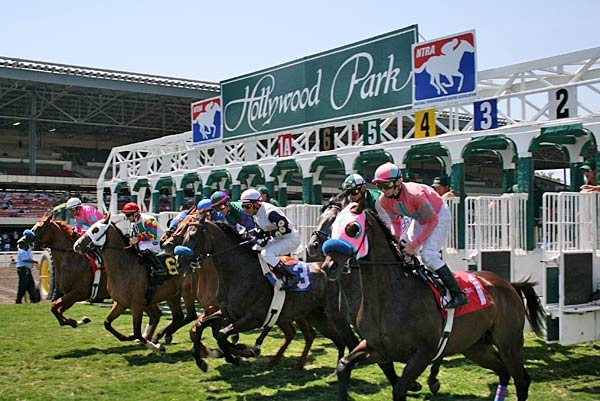
Now those are some legendary racing names… in horse racing, that is, which to this day is remarkable in its similarities to auto racing. Like horse races, auto races compete at a variety of tracks built of different lengths, surface textures, and complexity (a Steeplechase is like a Rally, for instance). Horses and their stables are owned by individuals of substantial wealth, much like the owner of a race team. Jockeys are intense athletes, a perfect mix of strength and anorexia, much like pro race car drivers. The byzantine series and club regulations that favor dictate the type of racing and breed of horses eligible for each competition mark the old and deep traditions rooted in each sport.
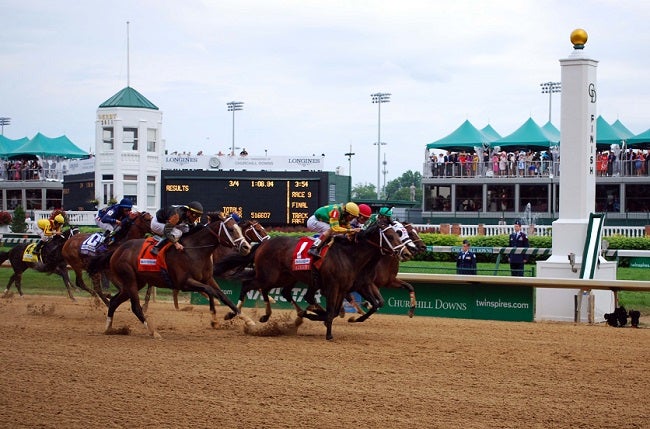
Spirit of Competition
As a point of history, the automobile replaced the horse as a means of modern transportation, but somehow that displacement never extended to the race track. Does anyone doubt the $12.3 Billion dollars spent playing the ponies in the U.S. dwarfs all the money wagered on motorsports by a staggering margin?[1] [Author's note: No statistics exist on US motorsports betting, illicit or otherwise.] It's been said of motorsports, "The first race was conceived when the second car was built[2]." The car, superior to the horse in so many ways, has not vanquished its ancestor as the next generation of race gaming. If motorsport venues were allowed a pari-mutuel gambling license by each state the way horse tracks are, the boom in attendance and revenues could turn organizations like IMSA and SCCA into household names like NFL and MLB.
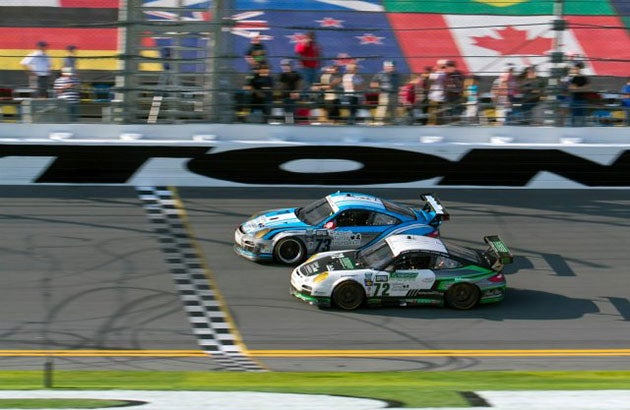
Horse racing is surrounded by a prestigious display of glamour befitting of these beautiful animals, and big races like the Kentucky Derby can bring in over $100 million in wagers. Like other high profile American past-times, "money riding on the outcome" is one of the biggest reasons why people watch. Fantasy football became big business practically overnight for good reason. So let's up the stakes in motorsport, and start with the obvious.
Making a Gamble
To go to a NASCAR race, you have to pay for a ticket at the door. It can cost anywhere between $20 all the way up to a few thousand for box seats at a big race. At a horse track, admission is free or at most a few dollars. Horse tracks don't use ticket sales to pay for their big fancy hat parties. They count on wagers, and the intensity of the fans to return year in and year out to be part of the tradition, experience, glamour, and excitement… and for the thrill of profits. Now, those wetting their CAPSLOCK quill tips to shout that it IS possible to bet on NASCAR in this country are correct (and F1, MotoGP, and even WRC abroad). You can do so at casino sportsbooks in a few states, or make bets through an online bookie, which happens to be very risky (Anyone remember !!!error: Indecipherable SUB-paragraph formatting!!! ?), not to mention illegal in the US[3] [4]. Horse tracks on the other hand, operate under the shelter of the law.
The financial figures indicate thoroughbred horse racing fans are declining at a rate of 4% per year[5]. Fans are getting old, and any new blood the sport could attract doesn't understand how to place a bet[6]. Few people, especially young people, understand how the wagering system works, but it's really quite simple and can be applied to motor racing too.
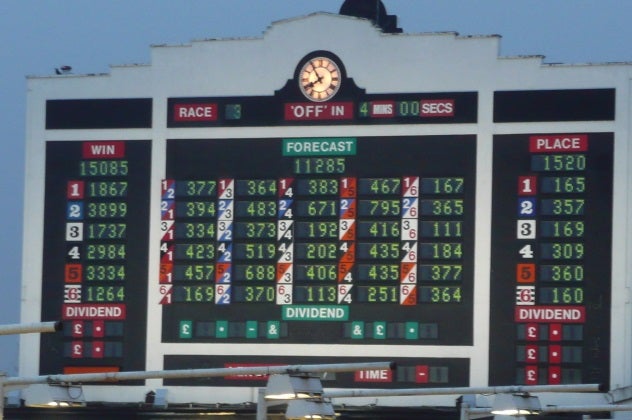
Enter the world of " !!!error: Indecipherable SUB-paragraph formatting!!! [7]". In motorsports it would look like this: A GRC race has 10 driver entries. If 1000 people each place a $5 bet, there is a $5,000 pool. The house (racetrack) takes 20% of the pool. The track splits the $1000 "take" with the winning driver, as a bonus for their performance, and pays a percentage in taxes to the state.
Assume this particular bet is for the driver to win 1 st place. These odds are constantly changing based on how many people bet, right up until the race starts.
!!! UNKNOWN CONTENT TYPE !!!
Since the author likes Tanner Foust, he will be the winner.
Result = Tanner Foust wins!
House take/driver split @ 20% = $1000
$4000 remaining payout covers 160 wagers (4000/160 = $25 payout!)
Odds at race start are $5 won for every $1 wagered; or 4-to-1 odds
including
the $1 bet
So a $5 bet on Foust to win returned a $25 payout.
Back to horse racing. Tracks offer some pretty complicated and risky bets (trifecta, anyone?). But the simpler, common bets like Win (as shown), Place, and Show are easy enough to understand, even for a novice gambler. If you bet on a driver to "place", he would need to come in 1 st or 2 nd . "Show" would require any podium step, 1 st , 2 nd , or 3 rd .
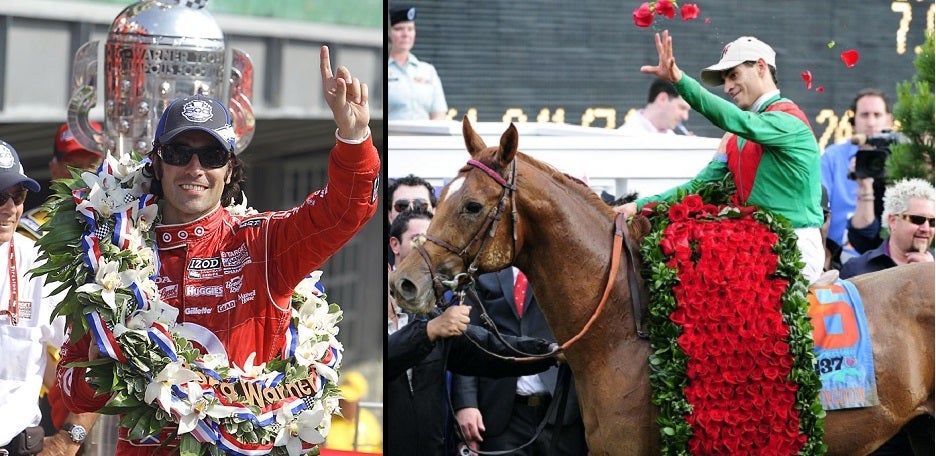
Winners and Losers
The beautiful thing about all this is that were motorsports tracks able to condone wagering on their events, a number of cascading effects would happen all to the benefit of automotive addicts and motorsport junkies. Everybody wins! Unless, of course, you lose your bet. But let's look at the up side:
1) Cheaper admission – Fans can still opt in or opt out of betting. Gate prices can stay the same for regular fans, but spectators who put their money on the line get a discounted or free admission.
2) Increased attendance – Cheaper admission and a chance to win money would attract more fans. More fans means more food and beverage sales at the concessions, more golf carts rented, more merchandise sold at the trackside store, and more money spent at midway vendors.
3)Bigger purses – Winning a race is a huge team accomplishment, appreciated ever so briefly on the podium. Make it worth something more. Tracks that draw bigger crowds due to exciting racing will pay out more money to teams and drivers who split the take with the track.
4)More on track excitement – Who can deny the euphoric high of hitting Blackjack on a strong bet? Or sitting on an Ace high full boat? Beating the odds, taking a chance, win or lose. It's always a good time. With the personalities and thrills involved in motorsports, it would be easy for anyone to pick a favorite driver or car. Moving on.
5)Driver rating system – Bettors use the term "Handicapping" to describe narrowing the odds of a winning horse and rider. Knowing the track and the history of a rider's and horse's performance at that track speaks volumes, especially if the competitors have been inconsistent. Most of this information is available online, some for free and a lot for purchase. Skilled handicappers can make huge amounts of money on their wagers, over time. In motorsports, does a particular driver love the rain, or race well in Porsches but not Corvettes? Having a central database with a driver's profile and current ranking in the country would add to the thrill. Statistics like number of races entered, highest classes raced, types of cars driven, and win percentage can be fairly well equalized to determine a driver's long term and recent success. For drivers, it could be an incredible tool for seeking sponsorship.
6)Centralized Info Base – In addition to driver ratings, a centralized location keeping track of various track schedules, race times, and lap records (ie, integrate stats from a company like !!!error: Indecipherable SUB-paragraph formatting!!! ), odds calculators, and video replays. !!!error: Indecipherable SUB-paragraph formatting!!! does this for horse racing. Imagine if motorsports had this much info centralized, circulating and available to the public before each race! Ever remember SPEED.com having that much info? Too soon?
7)Tax benefits for the state – It's just like the lottery, with more fun and a chance of actually winning. It's really all for the children!
8)Simulcast/broadcast opportunities – This is the best part, albeit the most farfetched. At best, the US gets a couple of good HD-quality races each weekend. NASCAR, Indy, and hopefully USCR this year. But when people have skin in the game, or want to put a few bucks behind an up-and-comer racing in Pirelli World Challenge B-spec next weekend, independent production companies would have an incentive to mobilize video equipment and make sure they capture even moderately popular races and broadcast them streaming, live… just like Aussie V8 Supercars. So what if the pool is small or the odds are slim? It never hurts to throw a couple bucks behind some new talent and help him along with the purse money if he wins his class. Minimum bets, maximum fun.
Barriers
Pari-mutuel betting is actually legal in most states.[8] There are still, however, books of laws preventing motorsport tracks from operating as gambling venues. While these laws protect our favorite tracks from becoming overrun with gold chain thugs with dubiously acquired rolls of Benjamins, they also prevent the safe and legal entertainment of betting on a race.
First of all, the PASPA laws makes betting on amateur or pro athletes illegal in most states. Horse racing, and most pari-mutuel betting including Jai Alai are excluded. If there is any hope for motorsports, it must be added to the list of exclusions.
The organizational expense alone is daunting. In Massachusetts, for example, a facility must pay $400,000 in a non-refundable application fee for a gambling license. To emphasize, that means there is no guarantee of approval. Both of the Carolinas, our non-contiguous states, Utah, and a few others are not even open to discussion.
Furthermore, persuading all the independent sanctioning bodies in the US to become friendly to the idea of fan's money riding shotgun around the track could prove difficult. SCCA, NASA, IMSA, NASCAR, Indy, etc could each choose to avoid racing at betting tracks.
If each track ran their own book, using computer software to calculate odds, cashiers, and a security system to control cash transactions, at the end of the day those tracks need enough bettors to make the winnings pool cover their betting overhead. Most of the horse tracks are successful because the simulcast infrastructure exists so they can take bets on days they are not running live events. But how many people would drive two hours into the country (take Watkins Glen, Road America, or VIR for example) just to watch racing on TV? Would the days tracks feature live racing pay enough to cover their organization and operation?
To Make a Small Fortune in Racing…
Unlike the casinos, pari-mutuel betting locations don't care if bettors lose or win. If someone invents a statistically reliable handicapping system to make money betting on races, their wagers are welcome even if they win every single bet[9]. The track makes money regardless. Fans still get the same racing, but with the optional adrenal benefits of bankrolling a driver.
Young and old racers spend millions of dollars on the dream of becoming a sponsored or factory driver. Most never do. It's the opposite of a career move. It's been beaten into drivers, "To make a small fortune in racing, start with a big one." Betting on these drivers may not always pay off, but fortunes would change in motorsport. The spirit of high stakes competition would reignite the entire experience for tracks, drivers, and most importantly, fans of the automobile.
!!! UNKNOWN CONTENT TYPE !!!
[1] !!!error: Indecipherable SUB-paragraph formatting!!!
[2] !!!error: Indecipherable SUB-paragraph formatting!!!
[3] !!!error: Indecipherable SUB-paragraph formatting!!!
[4] !!!error: Indecipherable SUB-paragraph formatting!!!
[5] !!!error: Indecipherable SUB-paragraph formatting!!!
[6] !!!error: Indecipherable SUB-paragraph formatting!!!
[7] !!!error: Indecipherable SUB-paragraph formatting!!!
[8] !!!error: Indecipherable SUB-paragraph formatting!!!
[9] !!!error: Indecipherable SUB-paragraph formatting!!!
 TurboSloth
> TrackRatMk1
TurboSloth
> TrackRatMk1
01/09/2014 at 17:31 |
|
What Motorsports Should Learn From Horse Racing
I seemed to have went full retard here, and read What Horse Racing Should Learn from Motorsports, then almost gave in my submission that Horses should have downforce from Motorsports.
well, fuck.
 TrackRatMk1
> TurboSloth
TrackRatMk1
> TurboSloth
01/09/2014 at 17:50 |
|
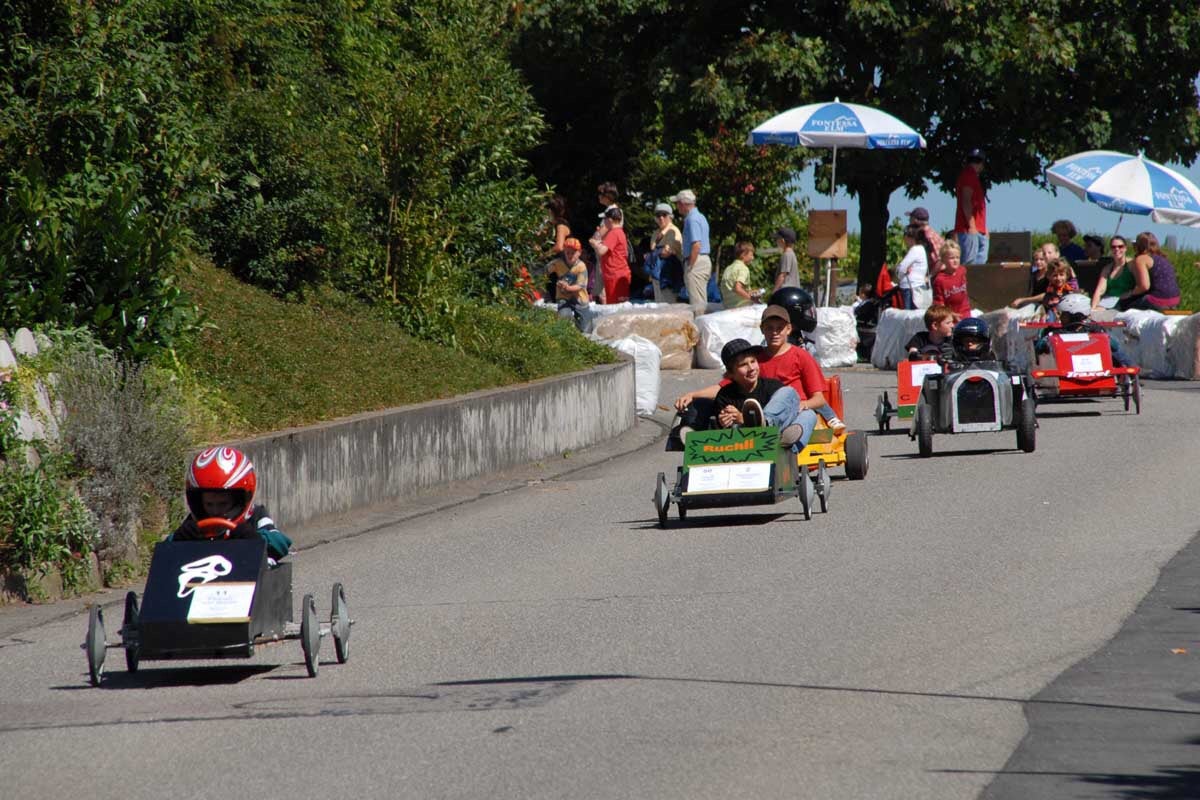
Meaningful downforce at horse speeds, like 45mph or less would have pretty awesome applications...
 Eric the RC guy
> TrackRatMk1
Eric the RC guy
> TrackRatMk1
01/09/2014 at 18:37 |
|
I would love this. I love betting on horse races, and have even made some decent money from it before, and I love cars more than horses.
 Tedward
> TrackRatMk1
Tedward
> TrackRatMk1
01/10/2014 at 14:35 |
|
This is a seriously great idea. One of those so obvious it's hard to see things. Also, props on citing your factual sources.